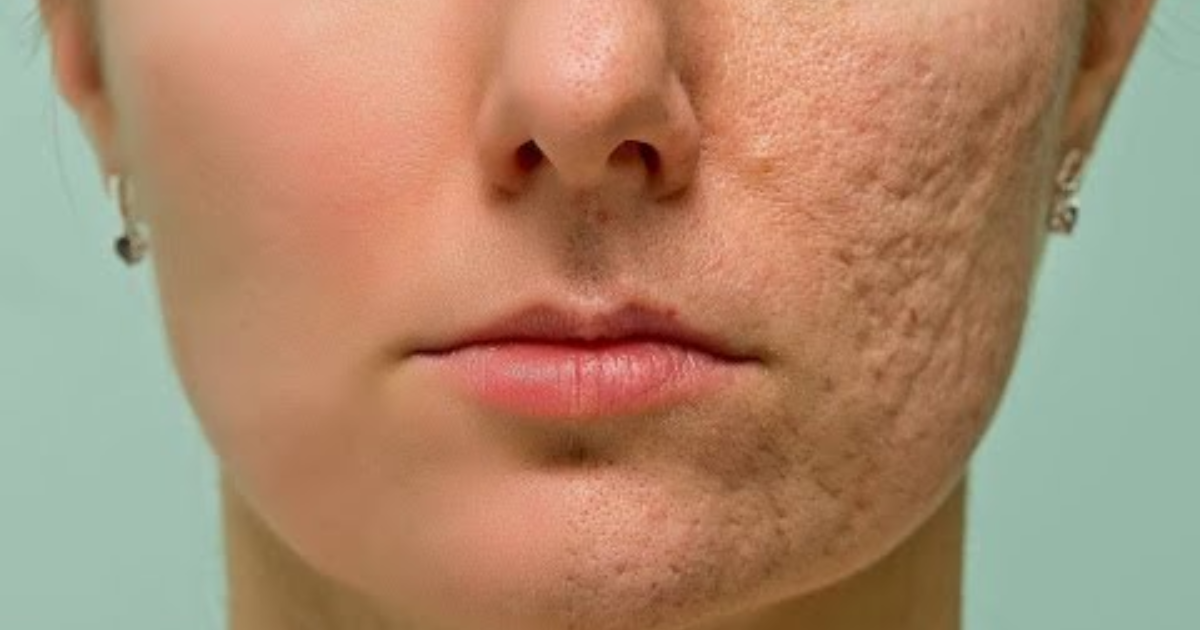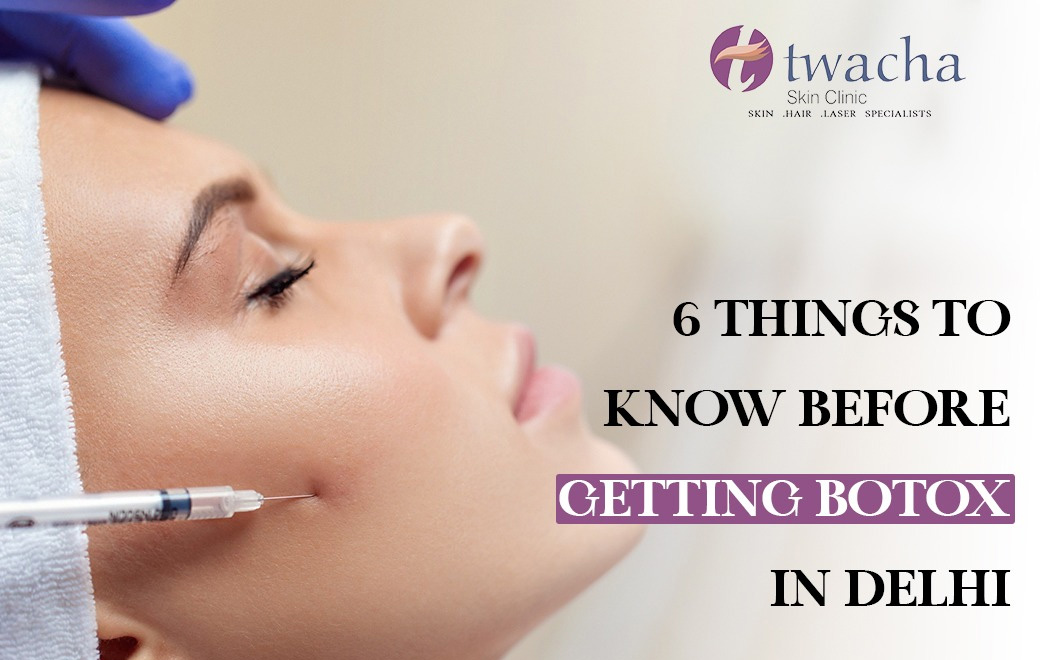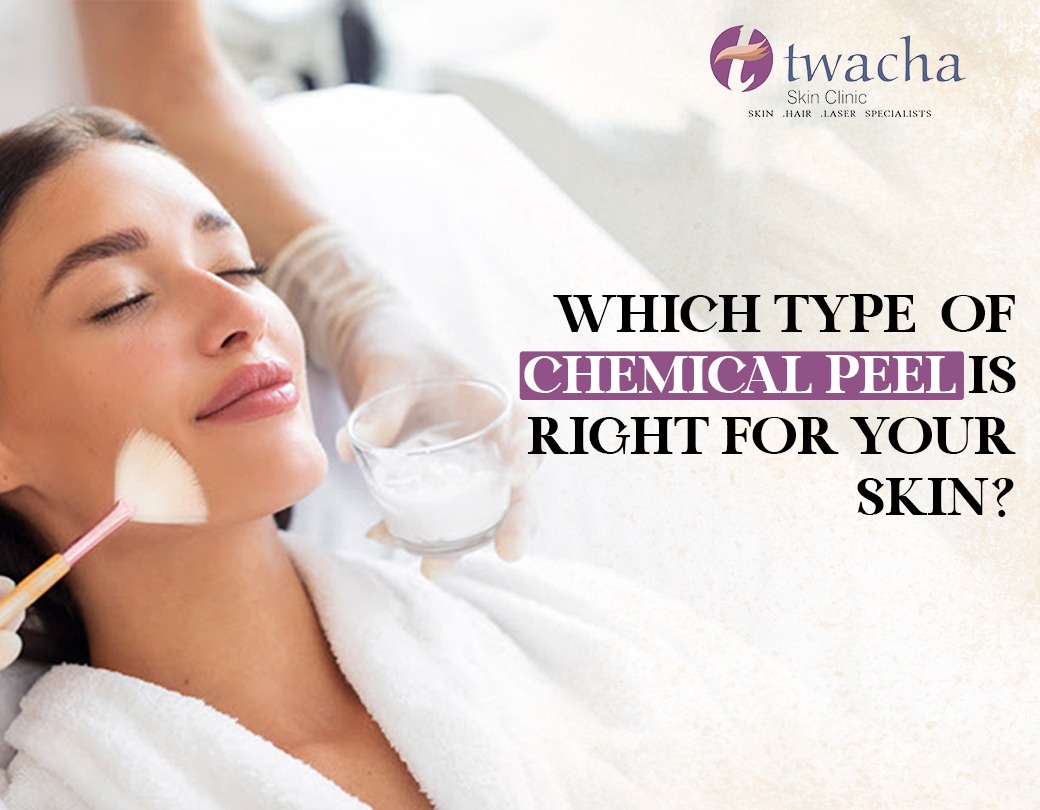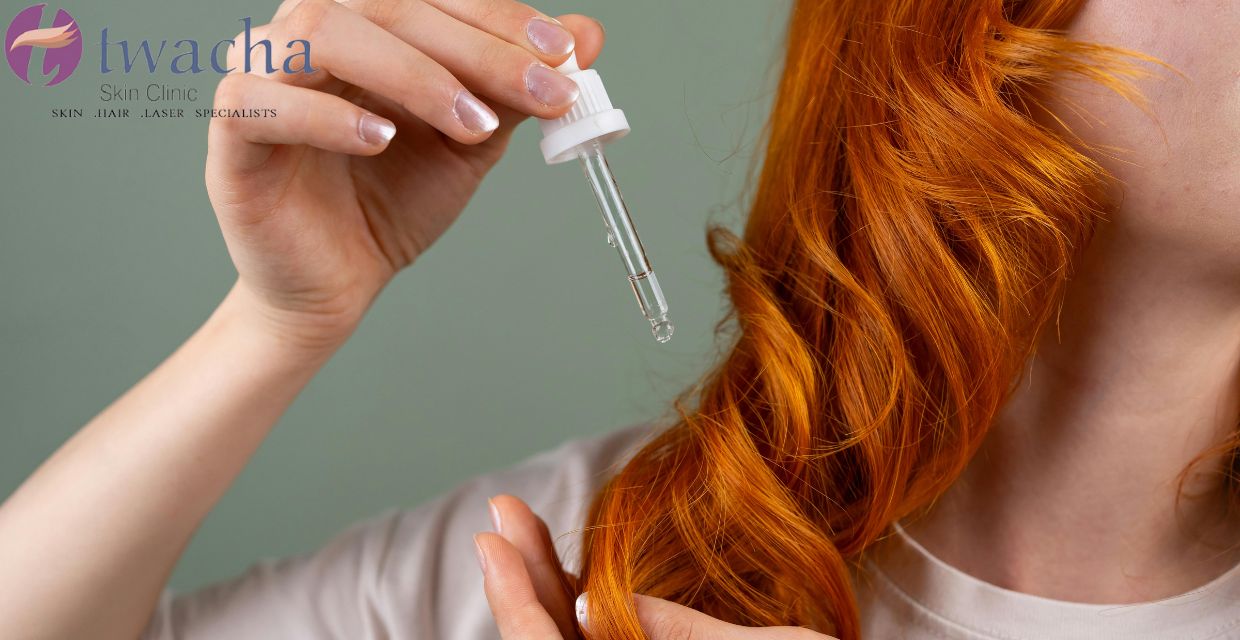Acne scars can linger on the skin long after the breakouts have faded, leaving behind uneven texture, pigmentation, and a constant reminder of skin issues. Fortunately, with advances in cosmetic dermatology, one treatment has gained significant popularity for improving acne scars — Chemical Peels.
In this blog, we’ll dive deep into the world of chemical peels, understand how they work, explore the different types suitable for acne scars, and discuss where to get the best Chemical Peel treatment in Delhi.
What Are Chemical Peels?
A chemical peel is a cosmetic procedure that involves applying a chemical solution to the skin to exfoliate and eventually peel off the outer layers. This process stimulates new skin growth, revealing smoother, clearer, and healthier skin underneath.
Chemical peels are used to treat a variety of skin concerns such as:
- Acne and acne scars
- Pigmentation and melasma
- Fine lines and wrinkles
- Sun damage
- Uneven skin tone and texture
The depth of a chemical peel can vary based on your skin type and concern:
- Superficial Peels: Gentle exfoliation using mild acids like alpha hydroxy acids (AHAs). These treat mild acne scars and improve overall skin tone.
- Medium Peels: Use stronger acids like trichloroacetic acid (TCA) to target moderate scarring and pigmentation.
- Deep Peels: Penetrate several layers of skin to treat severe acne scarring, typically using phenol. These require more downtime and are performed under medical supervision.
Why Are Chemical Peels Effective for Acne Scars?
Acne scars form when the skin’s healing process after breakouts results in abnormal collagen production. This can leave behind indented or raised scars. Chemical peels work by resurfacing the skin, removing the damaged outer layers, and encouraging the production of new, healthy skin cells.
Here’s how chemical peels help with acne scars:
- Exfoliation: Peels remove dead skin cells and promote skin turnover.
- Collagen Boost: Medium and deep peels stimulate collagen production, improving skin texture.
- Pigmentation Reduction: Certain peels target post-inflammatory hyperpigmentation (PIH) caused by acne.
- Smooth Surface: Regular treatments can soften the look of pitted scars and improve skin smoothness.
Top Chemical Peels for Acne Scars
If you’re considering a chemical peel, it’s important to choose the right type based on your scar type, skin tone, and overall skin health. Here are some of the most effective peels used by dermatologists for acne scars:
1. Glycolic Acid Peel
Glycolic acid is an AHA derived from sugar cane. It works by breaking down the bonds between dead skin cells, promoting exfoliation.
- Best for: Mild acne scars, dull skin, hyperpigmentation
- Benefits: Brightens skin, evens tone, promotes collagen
- Downtime: Minimal
2. Salicylic Acid Peel
Salicylic acid is a beta-hydroxy acid (BHA) that penetrates deep into the pores, making it ideal for oily and acne-prone skin.
- Best for: Active acne, oily skin, mild acne scars
- Benefits: Unclogs pores, reduces inflammation, treats comedonal acne
- Downtime: Minimal
3. TCA (Trichloroacetic Acid) Peel
TCA peels vary in strength and can be customized for different skin issues, including moderate acne scars and pigmentation.
- Best for: Moderate acne scars, pigmentation, uneven tone
- Benefits: Stimulates new skin formation, improves texture and elasticity
- Downtime: 3–7 days
4. Jessner’s Peel
A combination of lactic acid, salicylic acid, and resorcinol, Jessner’s peel provides a medium-depth exfoliation.
- Best for: Mixed acne scars, PIH (Post-Inflammatory Hyperpigmentation)
- Benefits: Treats pigmentation, texture issues, and superficial scarring
- Downtime: Moderate peeling for 5–7 days
5. Phenol Peel
Phenol is the strongest type of peel and provides the most dramatic results, but also has the longest recovery time.
- Best for: Deep acne scars, significant skin damage
- Benefits: Total skin rejuvenation
- Downtime: Up to 2 weeks, requires medical supervision
What to Expect During a Chemical Peel Session
- Consultation: Your dermatologist will assess your skin and recommend the right type of peel.
- Preparation: The skin is cleansed, and pre-treatment creams may be applied in advance.
- Application: The chemical solution is carefully applied to the face.
- Neutralization: The peel may be neutralized or removed after a set period.
- Post-Care: Your doctor will apply soothing serums and guide you on aftercare.
Aftercare Tips for Chemical Peels
After undergoing a Chemical Peels treatment in Delhi, proper aftercare is crucial for optimal results:
- Avoid sun exposure and always wear sunscreen (SPF 30+).
- Keep skin hydrated using recommended moisturizers.
- Do not pick or peel flaking skin manually.
- Avoid harsh products like retinoids and exfoliants for at least 7 days.
- Follow your dermatologist’s post-treatment plan strictly.
How Many Sessions Are Needed?
The number of sessions depends on the severity of your acne scars and the type of peel used. Most people require:
- Superficial peels: 4–6 sessions, every 2–4 weeks
- Medium peels: 3–4 sessions, spaced 1–2 months apart
- Deep peels: Usually a single session with long-lasting results
Side Effects and Safety
Chemical peels are generally safe when performed by trained professionals. However, temporary side effects may include:
- Redness
- Peeling
- Mild irritation
- Sensitivity to sunlight
People with very sensitive skin or certain medical conditions should consult a dermatologist to determine peel suitability.
Who Should Avoid Chemical Peels?
Chemical peels are generally safe, but may not be suitable for:
- People with extremely sensitive skin
- Individuals with active eczema, psoriasis, or rosacea
- Those taking certain medications (e.g., isotretinoin)
- Pregnant or breastfeeding women (consult your dermatologist)
Chemical Peels Treatment in Delhi: Where to Get It?
If you’re looking for the most reliable Chemical Peels treatment in Delhi, it’s important to choose a clinic with experienced dermatologists and a strong safety track record.
Qualities of a Good Skin Clinic:
- Certified dermatologists
- Custom skin assessments and treatment plans
- Advanced equipment and peel formulations
- Clear explanation of risks, downtime, and results
- Excellent patient reviews and testimonials
Why Twacha Skin Clinic is Preferred for Chemical Peel Treatments in Delhi
Twacha Skin Clinic is known for delivering expert dermatological care with a personalized approach. If you are dealing with acne scars and looking for effective results, Twacha offers the best Chemical Peel treatment in Delhi using safe, clinically approved procedures.
Why Choose Twacha?
- Skin assessments by board-certified dermatologists
- Multiple peel options tailored for all skin types
- Clean and modern clinic setup
- Transparent pricing and dedicated aftercare
- Combination therapies for faster, better results (peels + lasers or microneedling)
Patients at Twacha Skin Clinic have experienced significant improvement in their skin texture, tone, and confidence through our chemical peel programs.
Frequently Asked Questions (FAQs)
Q1: Are chemical peels painful?
Mild peels cause only tingling; deeper peels may cause temporary discomfort.
Q2: Can I do a peel if I have active acne?
Mild peels like salicylic acid can help treat active acne, but a consultation is recommended.
Q3: How long does it take to see results?
Results are usually visible after 2–3 sessions, with continued improvement over time.
Q4: Are results permanent?
While results can be long-lasting, maintenance treatments and skincare are essential.
Q5: Can peels remove all scars completely?
Peels significantly reduce the appearance of scars but may not remove deep scars entirely. Combination treatments may help.










